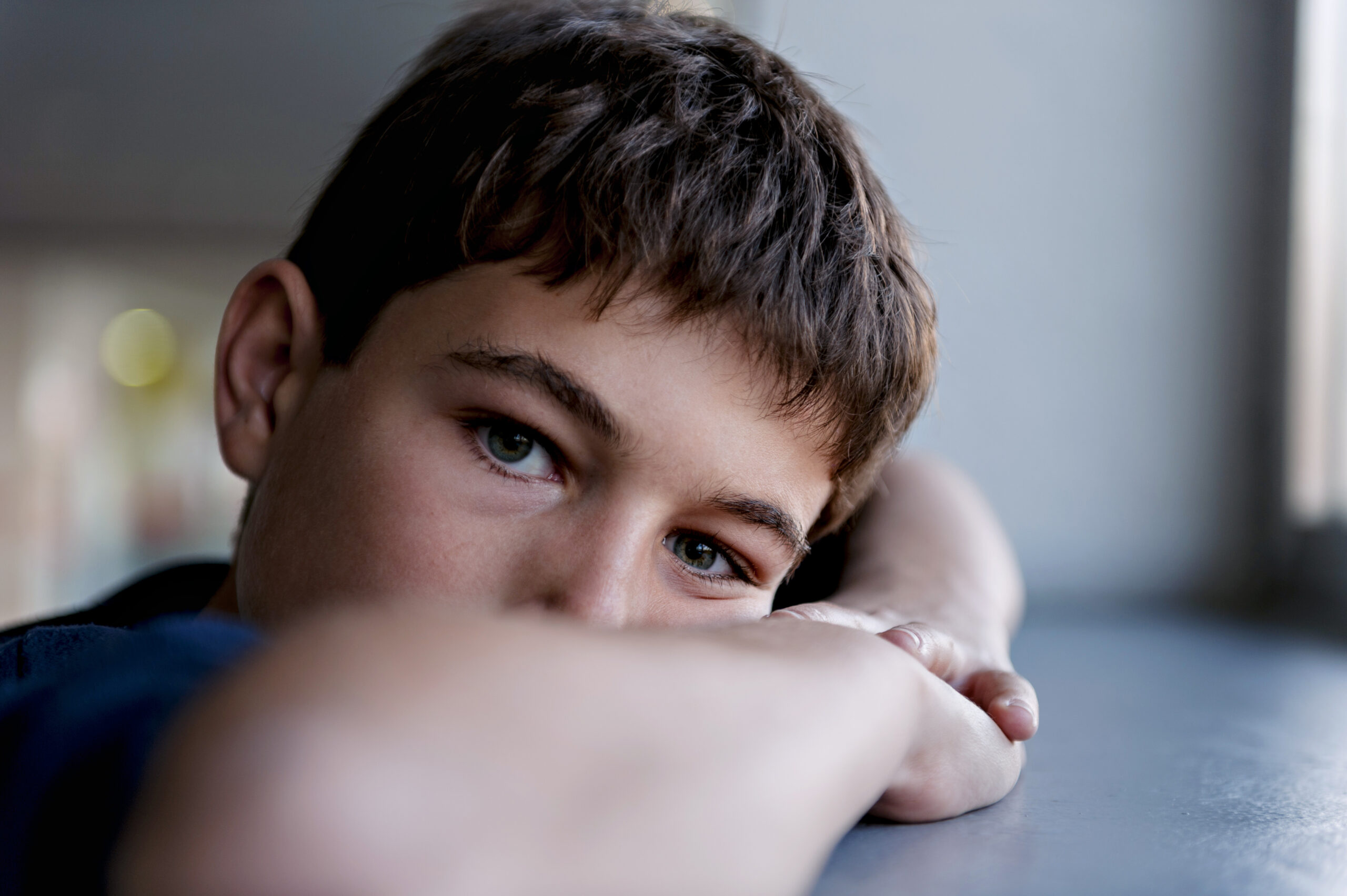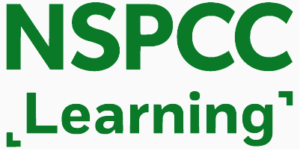
We’ve created evidence-informed resources to help adults ensure children always feel listened to.
> Watch the Welsh version on YouTube
Show you care, help them open up
Give your full attention to the child or young person and keep your body language open and encouraging. Be compassionate, be understanding and reassure them their feelings are important. Phrases such as ‘you’ve shown such courage today’ help.
Take your time, slow down
Respect pauses and don’t interrupt the child – let them go at their own pace. Recognise and respond to their body language. And remember that it may take several conversations for them to share what’s happened to them.
Show you understand, reflect back
Make it clear you’re interested in what the child is telling you. Reflect back what they’ve said to check your understanding – and use their language to show it’s their experience.
Please click HERE to browse for more information about the NSPCC.
Please click HERE to donate to the NSPCC.
